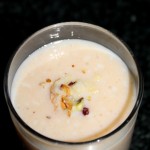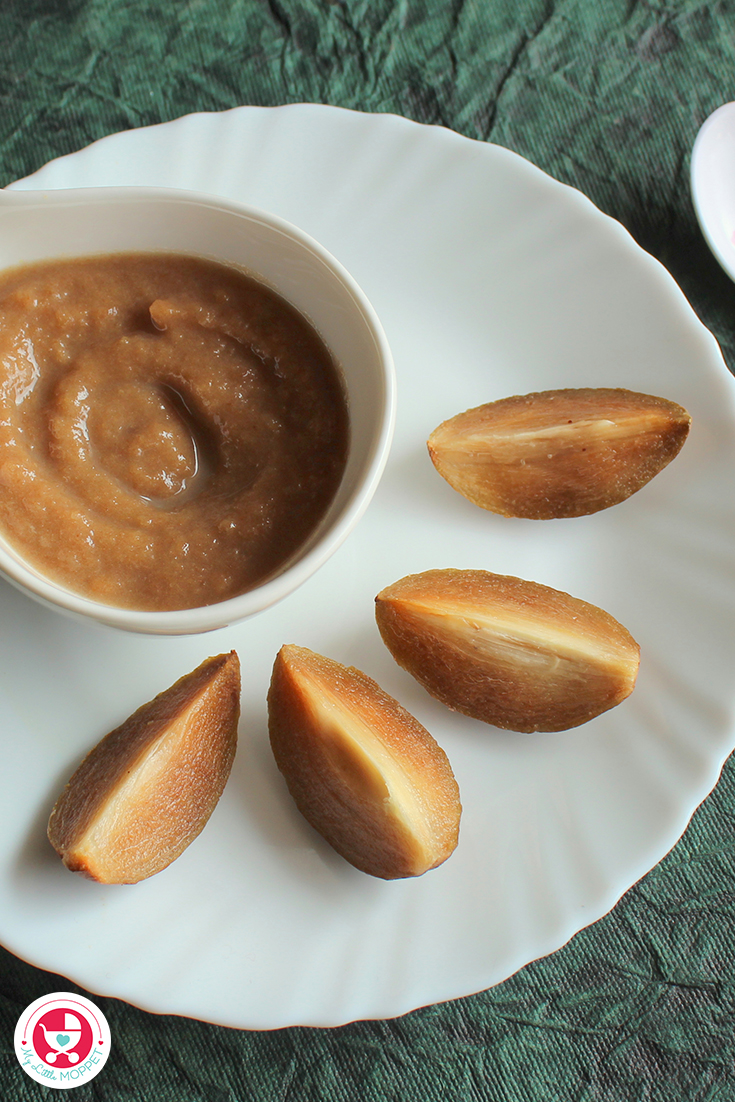

What Are the Health Benefits of Eating Sapota? These nutrients are helpful for people with diabetes to stay healthy. So, is sapota good for diabetes? Yes, as it is a powerhouse of vital nutrients. Here are the essential nutrients in 100 grams of sapota. What Are the Nutritional Components of Sapota? This fruit also contains a large number of dietary fibres that relieve constipation. When eaten moderately, people with diabetes can see gradual improvements in their digestion. Hence, people with diabetes should show restraint while consuming this fruit. Sapota contains vitamins -A and C in ample quantities, and both these vitamins play a crucial role in eliminating inflammation. It delivers 80 calories per 100 grams, which can also add to the blood sugar level.īut at the same time, you cannot deny that sapota is good for diabetes. Sapota also contains a higher amount of calories. It contains different carbohydrates, like sucrose and fructose, in larger quantities, which can increase the blood sugar level. When consumed in large quantities, sapota can raise your blood sugar levels. As long as you consume sapota in small quantities, it won’t affect your blood glucose levels. In spite of that, diabetics should not have a lot of sapota due to its sweetness. Sapota fruit for diabetics has a low glycemic index between 0 and 55 and a low glycemic load between 0 and 10. The Glycemic Index (GI) tells you how quickly foods rich in carbs affect your blood glucose level. But our body needs insulin to process carbohydrates to energise the cells. Our body requires carbohydrates as they energise cells. How many Sapota/Chikoos can I consume in a day?.The pulp of sapota acts as a natural laxative and helps relieve symptoms associated with constipation. A balanced diet plan comprising sapota can be beneficial for diabetics. Overeating sapota can be harmful to person with diabetes. But people with diabetes should exercise restraint while consuming sapota. People with diabetes can consume sapota in balanced quantities to derive optimum benefits.Ĭan diabetics eat sapota? Sapota is good for people with diabetes as it comprises a wide range of nutrients and antioxidants.

It has a mild and sweet flavour which makes it a great snack. Sapota, also known as Chikoo, is a delicious tropical fruit and doesn’t cause a drastic spike in your blood glucose levels when consumed in moderation. But can diabetics eat Sapota? People with diabetes can eat sapota as it helps control various types of bacterial infections and bolster their overall immunity. Your diet plan is pretty much incomplete without fruits. Omega-3 fatty acids help raise HDL cholesterol, the “good” cholesterol that protects against heart attack and stroke.For diabetics, fruits are a powerhouse of nutrition. They are an excellent source of omega-3 fatty acids, rich in antioxidants, and they provide fibre, iron, and calcium.
CHIKOO CALORIES FULL
Dates offer a significant amount of fibre and various vitamins and minerals, including iron, potassium, B vitamins, copper, and magnesium.Ĭhis Seeds -Despite their small size, chia seeds are full of essential nutrients. Medjool dates are rich in natural sugars and fibre. These nuts are a good source of fibre, protein, healthy fats, excellent vitamin E, manganese, and magnesium sources. People with diabetes are advised to avoid or check on their intake due to chikoo fruit’s high carb count.Īlmonds -While soaking may lead to some improvements in digestion and nutrient availability, unsoaked almonds are still a healthy addition to your diet. Hence eating unripe fruits may result in mouth ulcers, an itchy sensation in the throat and breathing difficulty, particularly in children. Note – Raw sapota fruit contains a high amount of latex and tannins, which taste bitter.

The host of plant compound tannins in sapota possesses potent antioxidant, anti-inflammatory, antiviral, antibacterial and antiparasitic effects, thus promotes overall health and well-being. The fruit is full of vitamins A, C, niacin, folate and pantothenic acid and minerals iron, potassium and copper. A good source of dietary fibre, the pulp of this fruit functions as an excellent laxative. Chikoo/ Sapota is high on calories providing 83 calories per 100 grams.


 0 kommentar(er)
0 kommentar(er)
